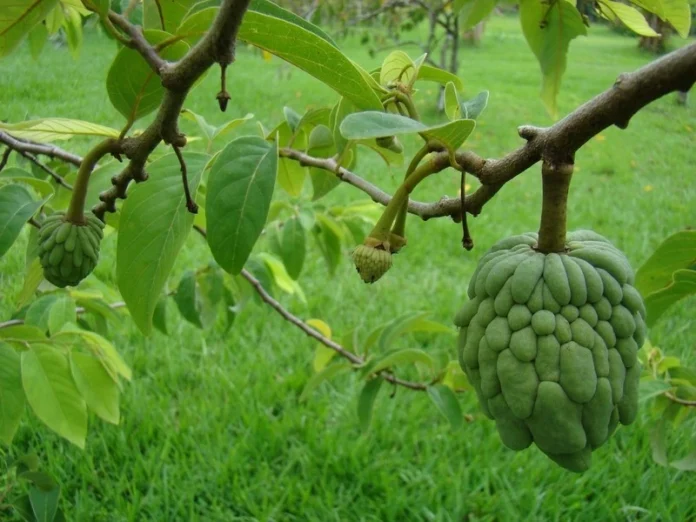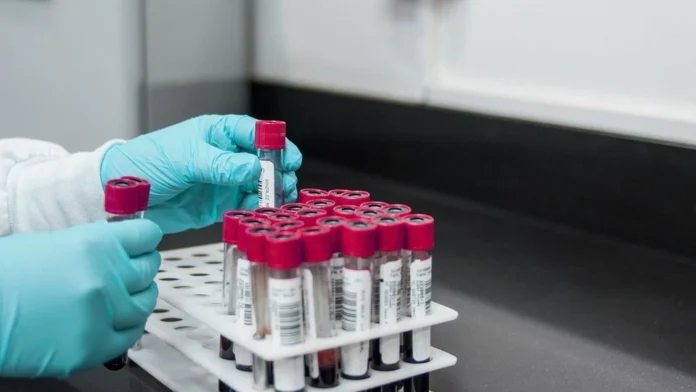Nature’s Painkiller: Scientists Unlock Anti-Inflammatory Power of Sugar Apple Leaves
Relief from pain may be found on trees! In a collaborative effort among several Brazilian universities, researchers have discovered compelling evidence that the leaves of the sugar apple tree—traditionally used in folk medicine—contain powerful anti-arthritic compounds that combat pain and inflammation.
Known as “fruta-do-conde” or “pinha” in Brazil, the sugar apple has long been prized for its sweet fruits. However, its leaves are drawing scientific attention for their potential therapeutic properties, particularly in managing pain and inflammation.
Researchers created a methanolic extract (EMAS) from dried sugar apple leaves using methanol as the solvent. They also isolated a specific compound called palmatine, which played a key role in their findings.
In various experiments, both EMAS and palmatine demonstrated significant abilities to reduce inflammation and pain. When tested against pleurisy (inflammation of the lung lining), higher doses were particularly effective, with EMAS reducing inflammatory cell migration by up to 81% and palmatine by up to 75%.
Modern pain management often relies heavily on two categories of drugs: opioids and non-steroidal anti-inflammatory drugs (NSAIDs).
While effective, both types of drugs have notable drawbacks. Opioids carry risks of dependency and addiction, while long-term NSAID use can lead to ulcers and cardiovascular problems. These limitations have spurred a continuous search for safer alternatives.
Source: Pharmaceuticals Journal











